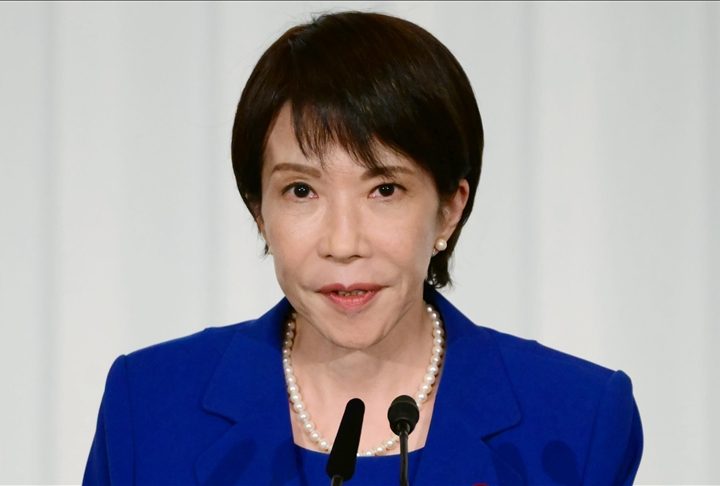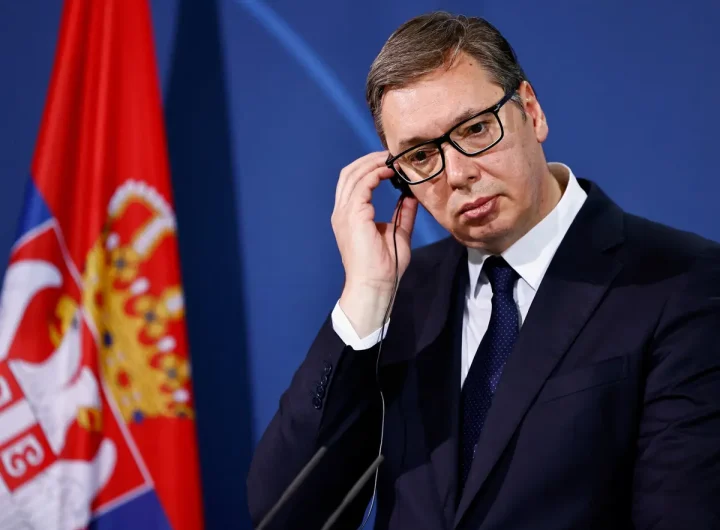
Getty Images
The U.S. will not impose new tariffs on Chinese goods to stop Beijing from buying Russian oil unless European countries first adopt steep tariffs of their own, U.S. Treasury Secretary Scott Bessent said on Sept. 15, Reuters reported.
“I guarantee you that if Europe put on substantial secondary tariffs on the buyers of Russian oil, the war would be over in 60 or 90 days,” Bessent said. “We expect the Europeans to do their share now, and we are not moving forward without the Europeans.”
His comments echoed those of U.S. President Donald Trump, who on Sept. 14 linked potential new secondary sanctions on Russia to stronger European measures.
“I’m willing to do sanctions. But they (Europe) are going to have to toughen up their sanctions,” he said.
Oil and gas revenues make up about one-third of Russia’s federal budget, making energy exports a crucial source of funding for Moscow’s war against Ukraine.
China and India remain among Moscow’s largest oil buyers, fueling the Kremlin’s war effort.
The EU has slashed much of its Russian energy purchases after the outbreak of the full-scale war, and the European Commission proposed a plan to phase them out completely by the end of 2027.
Hungarian Prime Minister Viktor Orban, Trump’s close ally, and Slovak Prime Minister Robert Fico have been the most vocal opponents of cutting energy ties with Russia. Hungary and Slovakia are the last two EU members still purchasing Russian oil via the Druzhba pipeline.
“When it comes to buying Russian oil, it is now virtually down to Hungary and Slovakia,” said Republican Senator Lindsey Graham, one of the most ardent proponents of tougher sanctions against Russia.
“I hope and expect them to step up to the plate soon to help us end this bloodbath. If not, consequences should and will follow.”
While Trump has threatened secondary sanctions and tariffs of up to 100% on Chinese exports, the administration has so far imposed only limited penalties.
Washington imposed a 25% tariff on all Indian imports on Aug. 1, followed by an additional 25% tariff on Aug. 6 related to India’s ongoing purchases of Russian oil.
Trump has not announced new measures since then, instead pushing Europe to take the lead.
U.S. Energy Secretary Chris Wright similarly told the Financial Times on Sept. 8 that Europe must halt Russian fossil fuel imports if it expects Washington to escalate sanctions.
U.S. House Speaker Mike Johnson said on Sept. 14 that Congress was prepared to pursue tougher sanctions./The Kyiv Independent/

 Why does the Russian army’s brutal culture go unchecked?
Why does the Russian army’s brutal culture go unchecked?  Japanese divided on military response to China over Taiwan, Kyodo poll shows
Japanese divided on military response to China over Taiwan, Kyodo poll shows  Serbian media spread disinformation: Masked Albanians fired at members of the Serbian Army
Serbian media spread disinformation: Masked Albanians fired at members of the Serbian Army  How Britain’s Disposable Vape Ban Has Boosted Ukraine’s War Effort
How Britain’s Disposable Vape Ban Has Boosted Ukraine’s War Effort  Ukraine reaches gas-import deal with Greece, Zelenskyy says
Ukraine reaches gas-import deal with Greece, Zelenskyy says  Russia is blackmailing Vučić: Will you be brave enough to nationalize the Serbian Oil Industry?
Russia is blackmailing Vučić: Will you be brave enough to nationalize the Serbian Oil Industry?